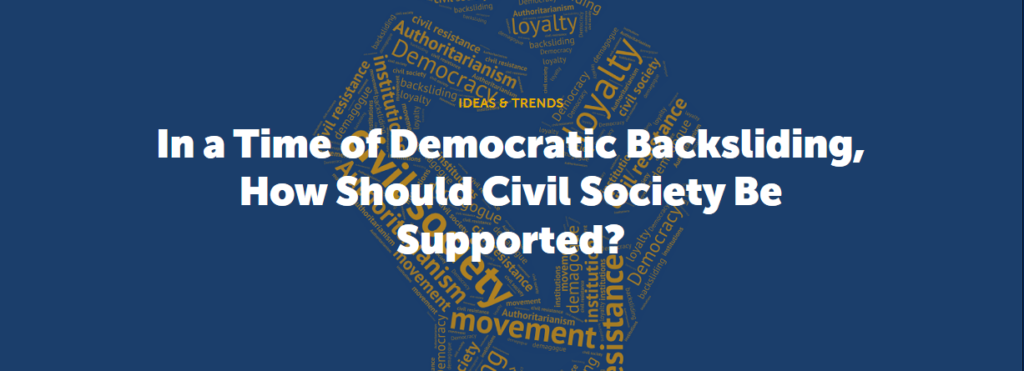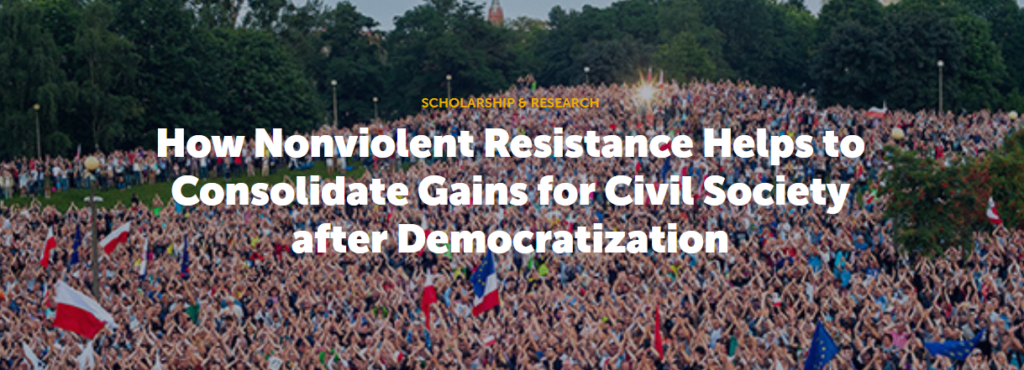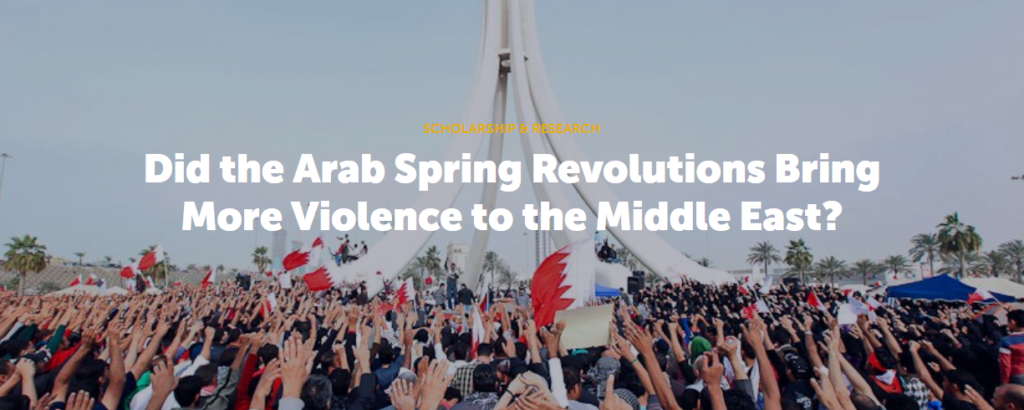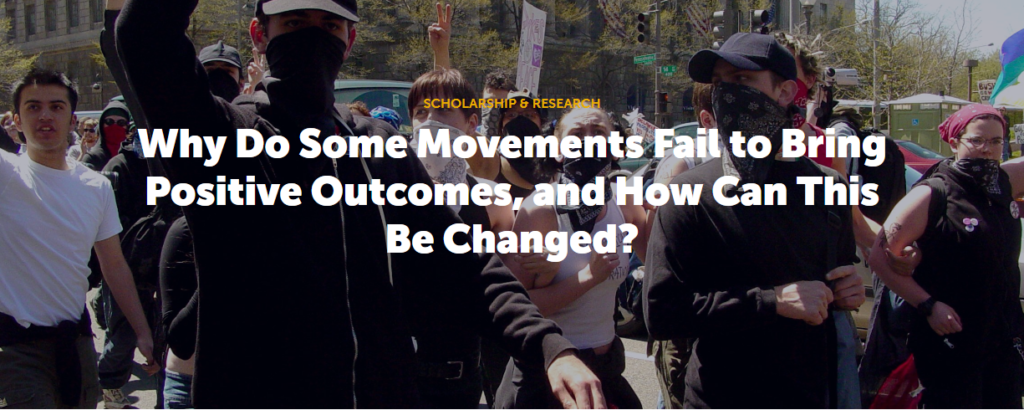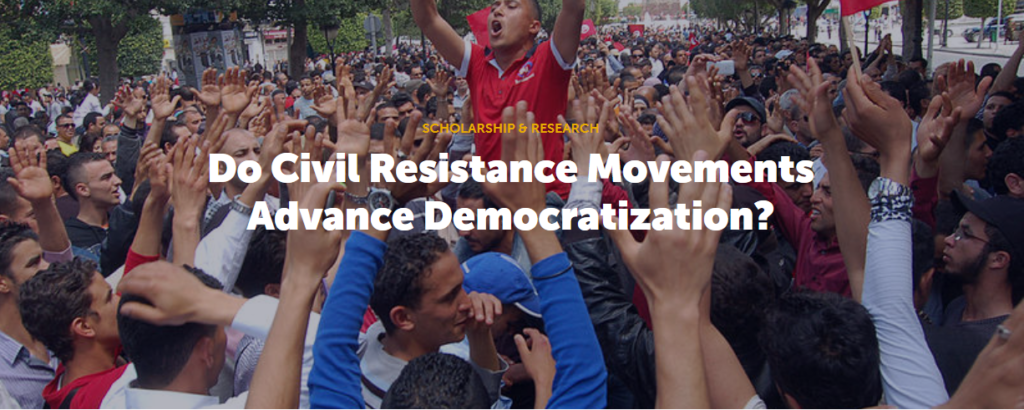Minds of the Movement
An ICNC blog on the people and power of civil resistance
With the disturbing trend of democratic backsliding in many countries worldwide, and the Arab Spring in our hindsight, Minds of the Movement decided to explore a begging question among academic and international observers: What are the long-term effects of civil resistance on democratization? The series below takes on this challenging question, drawing on a rich set of case studies and data to make some sense of the past and reflect on future directions countries may take along their path toward democratization.
By: Hardy Merriman, October 22, 2019
Imagine you’re in a country in which democracy is under attack. A few years ago a demagogue won an election, packed his administration with loyal supporters, and they’ve broken norms and expectations of governance ever since. They are using the power of government to enrich themselves, entrench their rule, and battle their opposition. What’s more, they seem to be getting away with it. […] Read Article
By: Markus Bayer, Felix S. Bethke, and Matteo Dressler, December 12, 2017
In July this year thousands of Polish citizens took to the streets to protest a judiciary reform they believed would threaten the democratic constitution of their country. During the protests, Solidarnosc leader and national hero Lech Walesa stated at a demonstration in Gdansk that it is now time to defend the democracy that they achieved through peaceful protests and civil disobedience in 1989. Consequently, President Duda felt compelled to use his veto and blocked the reform initiative put forward by the Polish conservative government: The Solidarnosc-Sheriff was back in town! […] Read Article
By: Peter Ackerman and Maciej Bartkowski, October 18, 2017
Immediately after the Arab Spring, political scientists and regional and policy experts embarked on soul searching to find the answers to two simple questions: why they failed to predict these uprisings; and why revolutions, such as in Tunisia and Egypt, succeeded through nonviolent means despite the presence of brutal regimes.
Scholars recognized that their past focus on the durability of authoritarian governments in the Middle East had caused them to overemphasize the powers of the ruling elites, and, by default, understate the agency of ordinary people in initiating major political change in the country. […] Read Article
By: Maciej Bartkowski, October 5, 2017
My previous post looked at how nonviolent movements often play a role in political transitions and democratization. However, in some cases, nonviolent movements succeed in ending an incumbent authoritarian’s rule, but are unable to consolidate gains and instead the situation deteriorates. Such impacts can be observed in three types of movements […] Read Article
By: Maciej Bartkowski, September 27, 2017
Two recent books, Social Movements and Civil War and Civil Resistance in the Arab Spring: Triumphs and Disasters, examine the aftermath of the Arab Spring, and come to the conclusion that civil resistance movements can lead to rising violence, authoritarianism and failed democratization. As Adam Roberts, one of the editors of Civil Resistance in the Arab Spring, observes: “Civil resistance can play some part in larger tragedies. […] Read Article
By: Hardy Merriman, September 7, 2017
Here’s a basic rule of public policy: If a society wants a capability, it has to pay for that capability. If we want a fire department, we have to direct our time, energy, people, and funds to build and support it. If we want a Center for Disease Control, or a Federal Emergency Management Agency, we likewise have to […] Read Article
